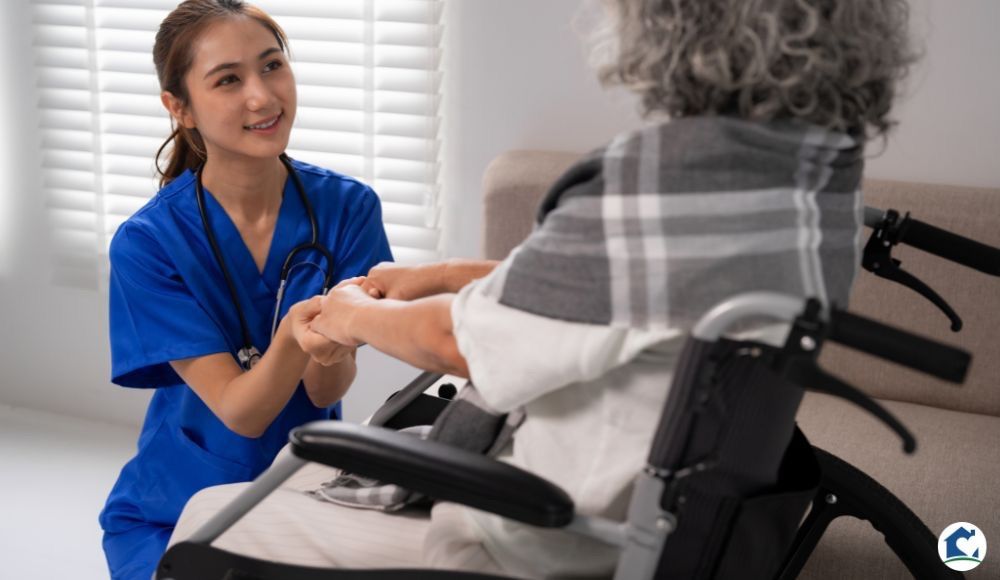Preventing Dehydration in Seniors
As a caregiver, consistently monitoring your patient is like second nature to you. You must be able to act accordingly to some of the most common summertime issues such as dehydration. Many seniors do not drink the amount of water that their bodies need. It is important to understand why seniors deal with dehydration more often than others. It is also essential to learn the signs that point to dehydration and what can be done to prevent this all too common health risk.
Believe it or not, the older you get, the more your quench for thirst decreases. This naturally causes dehydration as could daily medication, fever, infections, illnesses and more. Knowing the signs and where dehydration stems from now can prevent it from happening later.
The signs of dehydration can vary but should not be taken lightly. These include, but are not limited to:
- Confusion
- Lethargy
- Dry mouth
- Increased heart and breathing rates
- Mobility issues (difficulty walking)
- Low blood pressure
- Low urination
As you well know, prevention is everything. Be sure to keep your patients hydrated regardless of how thirsty they are. Fluids need to be within their reach when awake and at night. At a minimum, stick to the recommended 8 glasses of water a day.
- Your patient needs to eat consistently due to the amount of water intake. Preferably feed them fruits and vegetables, but soups and broths are also a viable option.
- Limit their intake of coffee and alcohol, as those can dehydrate the body.
Know the signs of dehydration and if your senior’s dehydration becomes severe, seek immediate medical attention.












